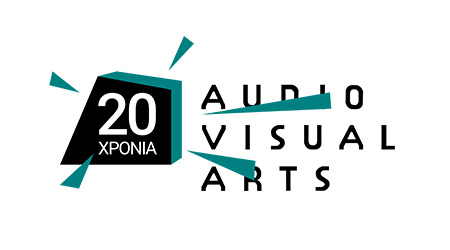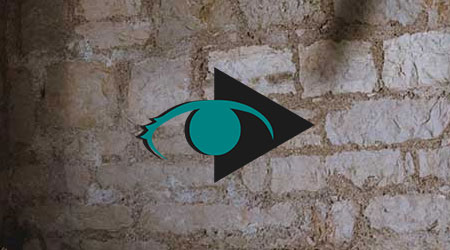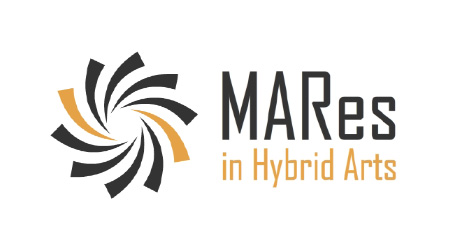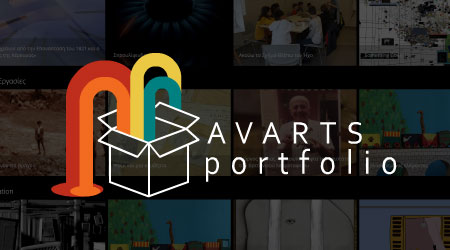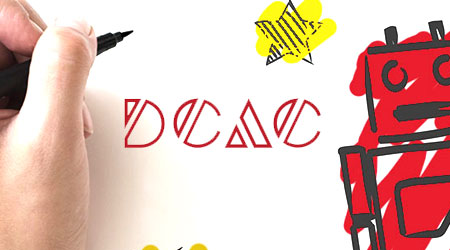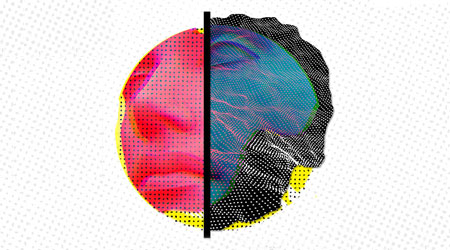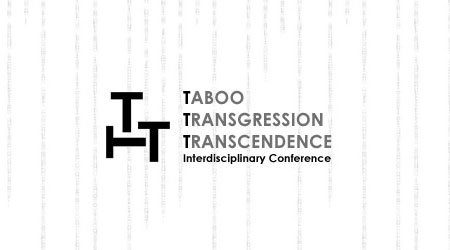Οι διδάσκοντες του Τμήματος Τεχνών Ήχου και Εικόνας Αγγελική Μαλακασιώτη (Επίκουρη Καθηγήτρια) και Απόστολος Λουφόπουλος (Αναπληρωτής Καθηγητής) συμμετέχουν στο ELO 2021 Conference and Festival: Platform (Post?) Pandemic που διοργανώνεται από The Electronic Literature Organization (ELO), Aarhus University, Digital Aesthetics Research Center (DARC), The Bergen Electronic Literature Research Group (BEL), Washington State University Vancouver‘s Electronic Literature Lab (ELL) και dra.ft:, και το οποίο θα πραγματοποιηθεί 24-28 Μαΐου.
Η συμμετοχή αφορά στο πρωτότυπο έργο “Ode to a Fallen Dialogue”, το οποίο αποτελεί ένα διαδραστικό ποίημα-παιχνίδι σε συγγραφή και εικαστικό σχεδιασμό της Αγγελικής Μαλακασιώτη και σε μουσική και ηχητικό σχεδιασμό του Απόστολου Λουφόπουλου, το οποίο θα λάβει μέρος στην έκθεση ηλεκτρονικής λογοτεχνίας ‘Platforming Utopias (and Platformed Dystopias)’, στο πλαίσιο του ELO 2021 Conference and Festival: Platform (Post?) Pandemic.
Τα εγκαίνια της έκθεσης θα πραγματοποιηθούν το Σάββατο 15 Μαΐου διαδικτυακά: https://uib.zoom.us/meeting/register/u5MpcuquqDMvH9eKKjzk6zkN0e0PyNncI_xa
Ιστότοπος έκθεσης:
https://eliterature.org/elo2021/platform/
Ιστότοπος έργου: Ode to a Fallen Dialogue
Launching Trailer:
Περιγραφή έργου:
This interactive game-poem is an ode to the struggles of human communication. It reflects on the hardships of unfortunate dialogues, the splendor of reaching to the other side, the rise and fall of human connectedness, the agonies of stray meanings and words.
Expressed through the poetics of weather phenomena, this conceptually driven interactive work represents the mental landscape between two lovers, sometimes violent, sometimes resonating, a metaphor for the contemporary digitally mediated condition.
This work is inspired by early cyberspace theories that referred to an erotic ontology of digital experience. Michael Heim described the platonic dimensions of an augmented Eros. Roland Barthes on the other hand described language as the skin with which we struggle to touch the 'other'. In this game-poem, senses, meanings and ideas appear to be all permeated by the ‘spell’ of technology, a rhetorical as well as an erotic act of mediation through different worlds.
The reader/player is asked to become part of the dipole, to meander through poetic texts and tormented emotions, at times linear, other times bifurcating, while exploring a dialogue ‘atmosphere’ inspired by visual poetry. Endeavoring to reach the 'other side' through the use of spoken language, this piece of work is an affective journey to the tempests of a fallen dialogue.
H Αγγελική Μαλακασιώτη συμμετέχει επίσης στο ELO 2021 Conference and Festival: Platform (Post?) Pandemic με επιστημονική ανακοίνωση και δημοσίευση με τίτλο: Digital Selfhood and its Mental Spatialities: Abstracts of Textual Constructs. Η παρουσίαση θα πραγματοποιηθεί διαδικτυακά την Πέμπτη 27 Μαΐου 2021.
(Εισαγωγή εικόνας, βλ. οδηγίες)
Περίληψη δημοσίευσης:
Early cyberspatial theories reflected on the qualities of computer mediated experience by introducing aspects of immateriality, incorporeality, symbolism, abstraction, as well as exploring the mental, perceptual, and psychological dimensions of digital experience itself. Electronic interactions have been described as platonically erotic, transcendental, allegorical, even ecstatic conditions, that still seem timely and compelling nowadays, even since the pre-pandemic era. Human mind appeared as an inherent ingredient of the digital phenomenon since its birth. On the other side, ideas such as ‘body amnesia’ or ‘fleshworld’, emerged denoting the rigidity of the physical body to reach the other side of the screen.
However, these days, the superfluous, excessive, sometimes obsessive use of digital technology, pervasive software as well as the internet of things have rendered the Cartesian mind-body dualism rather outdated, and have given rise to novel hybrid approaches of our contemporary relation to technology. Hybridity has created space for intertextual interpretations of experience, that do not divide the notion of mind and body, but comment on the complex interactions of self with digital culture, through numerous differentiated contexts, evolving cyborg ontologies, alternate bodies, human-nonhuman systems, transformative personas, neuroarchaeological readings of cultural plasticity, all rendered through a daily mediated reality.
The study attempts to look at this ever-present conundrum, through an architectural point of view, venturing a theoretical quest on digital spatiality. Digital experience has always been inseparable from the metaphoric use of spatial concepts. At the same time, textual space constitutes an allegorical or symbolic construction with its own architecture, ambience, and other characteristics. Space is not only relating to the strict conception of geometry, physics, or mathematics, but also to an anthropological reading of existence, a quality that is often elusive and immeasurable, thus it helps define abstract, psychological, experiential phenomena, or in other words, that, which is in fact indefinable.
In this context, self takes the role of a mental dynamic, while space is interpreted as a metaphoric, volatile construction whose literary aesthetics emerge from digital culture. The idea of digital experience is approached though a series of textual-spatial concepts and projects that reflect on the space that is constructed in the interstitial area between the digitally platformed self and the mediated environment. This exploration takes the form of creative writings, chatbot interviews, exercises of verbal configurations, visual poetics, interactive game-poems and other abstracts of writing in both artistic and educational contexts. The overall idea of the digital mind-body interpretation takes the form of a series of mental spatialities that comment on our contemporary way of being in the digital world. In architecture, to read means to uniquely understand and thoroughly grasp the phenomena of the surrounding environment - in this case, space is translated in an altered vocabulary that helps us understand what it means to ‘read’ the contemporary self in a platformed culture.
Το πλήρες άρθρο είναι δημοσιευμένο εδώ:
Digital Selfhood and its Mental Spatialities: Abstracts of Textual Constructs
Περισσότερες πληροφορίες στον ιστότοπο του συνεδρίου:
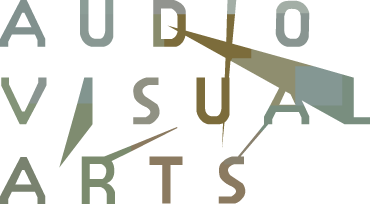

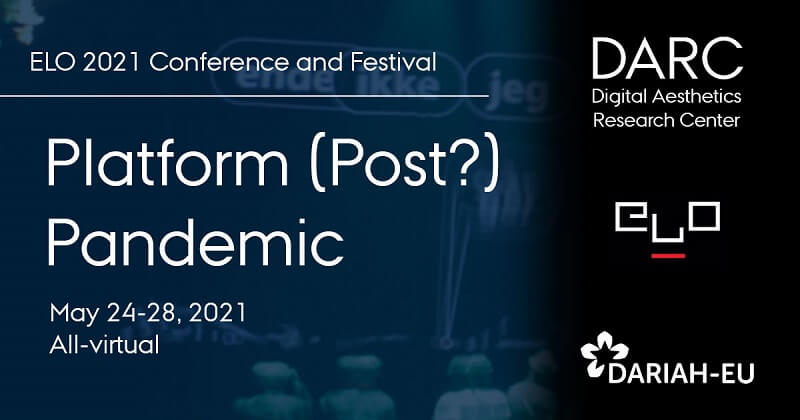
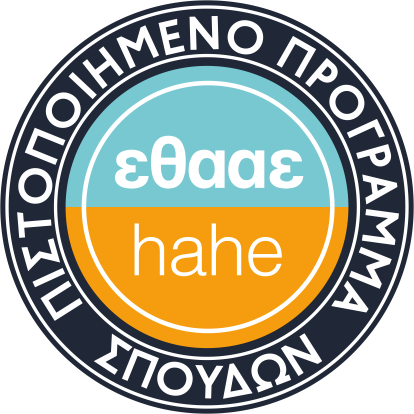

 Ωρολόγιο Πρόγραμμα ΠΜΣ “Οπτικοακουστικές Τέχνες στην Ψηφιακή Εποχή" χειμερινού εξαμήνου 2025-2026 [v4]
Ωρολόγιο Πρόγραμμα ΠΜΣ “Οπτικοακουστικές Τέχνες στην Ψηφιακή Εποχή" χειμερινού εξαμήνου 2025-2026 [v4]